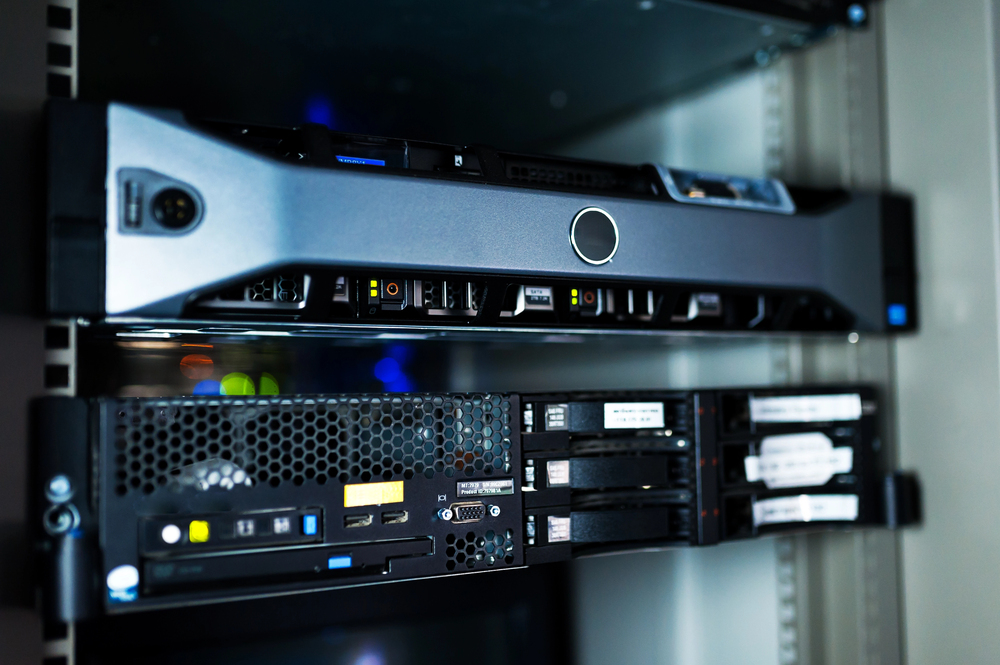You may have once thought that the “Side Hustle” was a country music line dance. Not so in reality. It’s actually a relatively new term for making extra cash. According to Webster’s dictionary, “The precise definition of the term: side hustle is still in a bit of flux. The term now appears to be centering on work performed for income supplementary to one’s primary job.”
By getting your side hustle on, you’re working harder now, which offers the benefit of finding peace later. You’re working not just for money, but also to build confident control of your personal financial life. Side hustling involves looking for ways to boost your income. Examples include, but certainly aren’t limited to the following:
- Taking on a part-time job
- Offering your talents and services to friends or neighbors for a fee, or
- Signing up for overtime hours.
I have several friends that have helped add to their household incomes and cash reserve accounts by using their gifts and talents to earn extra money. My dear friend Julia is a very talented seamstress and a great example of this idea. She has become the “go-to” person in our town for all things you could ever want or imagine being monogrammed. This has always been a hobby of hers, and now she makes money doing something she loves.
Another example of a side hustle you’re most likely familiar with is an Uber driver. These folks earn extra money in their spare time offering shuttle and taxi services. Grocery stores are also hiring lots of people on a part time basis to deliver groceries to their customers. Grocery stores need delivery drivers in order to stay competitive with large distributors like Amazon Fresh.
Selling gently used clothes and household items via online trading sites for cash is also a great side hustle. It allows you to de-clutter and earn extra money. There is a world of opportunity out there if you’re willing to work. Consider the following ideas as well: babysitting, house or dog-sitting, mowing lawns, painting, or offering your services as a handy man if you’re truly are skilled. You just have to be willing to take the first step.
If you truly don’t have the ability to work any more than you already are, consider reviewing your current budget. Be honest with yourself and identify which expenses you regularly incur that are unnecessary. For example, eating out at restaurants and going to the movies are not necessary for daily survival. These are called discretionary expenses.
You may also want to try to entertain yourself without spending money. Go for a walk; visit public parks; enjoy local playgrounds if you have children or grandchildren; attend activities at your local church or place of worship; read a library book; or call a friend. Be creative.
As your income increases from your side hustle or overtime hours, and/or your expenses decrease from being more mindful of your spending habits, consider opening a savings account. Please make sure the savings account is separate from your regular checking account. Why? Because it’s just too tempting to spend extra cash that sits in your regular checking account.
This new savings account is now earmarked for emergencies only, or what is often called a cash reserve account. This is not “fun money” for splurging on a vacation, nor is it a savings fund for a new car. It’s for emergencies only.
Continue to save your discretionary income until you have at least three months’ worth of living expenses in cash. You will need to have a detailed budget in place in order to know if you have adequately funded your cash reserve. If you’re not sure how much money you spend each month, please don’t be discouraged. I will personally send you a budget worksheet for free. Simply visit my website at emilygstroud.com and enter your email address when prompted.
Soon enough, an emergency financial need will pop up that requires you to spend money from your savings account. It’s then important to go back through the above steps to build up your cash reserve fund. Once again, be purposeful and mindful about reducing and/or eliminating your discretionary purchases.
Consider working more and direct all savings into your cash reserve fund until it’s fully replenished. Your cash reserve account is your first line of defense. Please don’t drain this account or you may leave yourself vulnerable to serious financial difficulties.
If you’re self-employed or worried about your job stability, consider setting aside six months’ worth of living expenses instead of just three. This is also a good benchmark for those who work on commission only. If your income fluctuates from month to month, you’ll be better prepared to handle any swings in your income if you have adequate cash on hand.
If you want to dig deeper and have a much better understanding of how to achieve true financial freedom, then I encourage you to purchase a copy of my newly released book: Faithful Finance: 10 Secrets to Move from Fearful Insecurity to Confident Control.
Find a Home-Based Business to Start-Up >>> Hundreds of Business Listings.















































